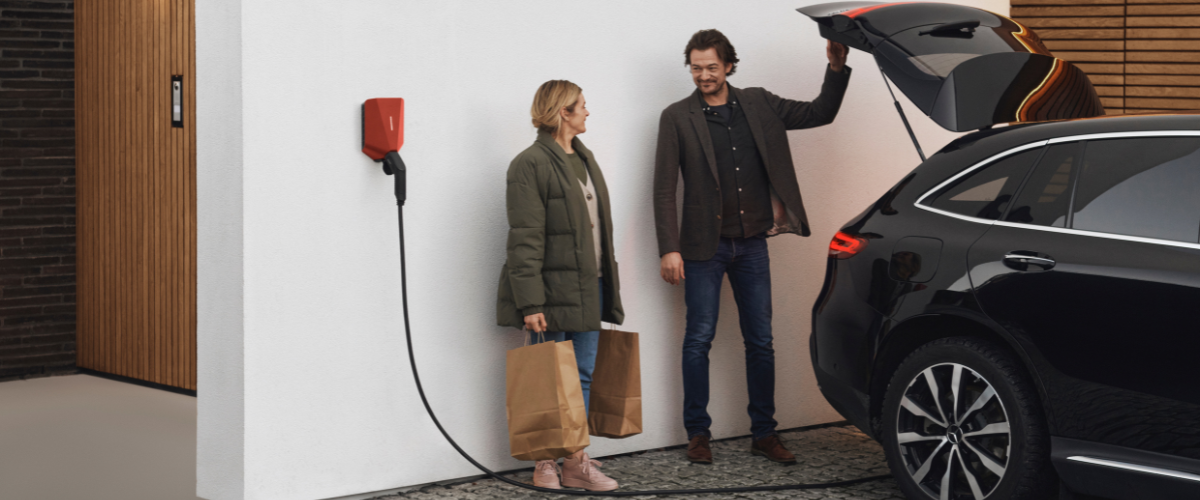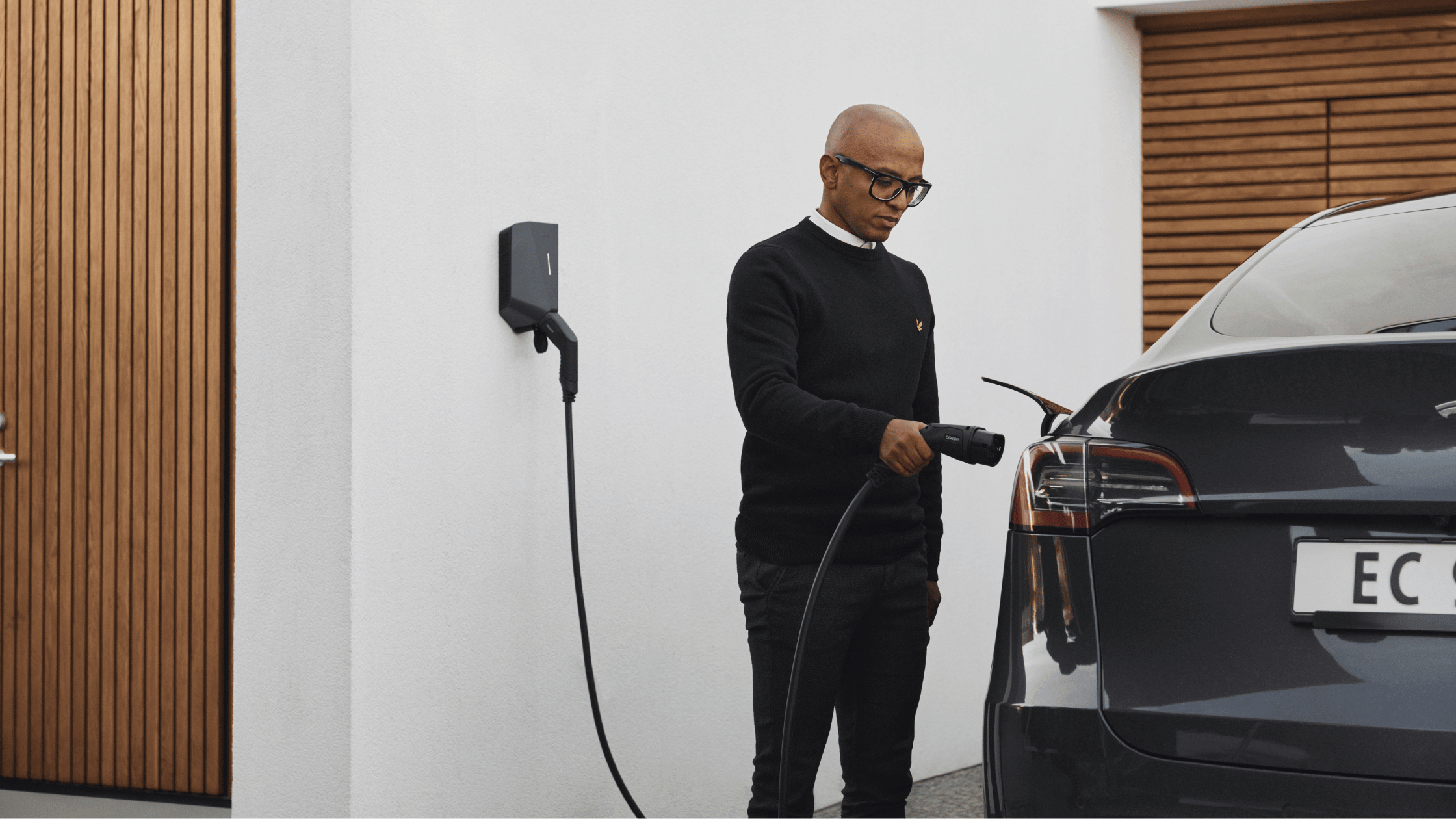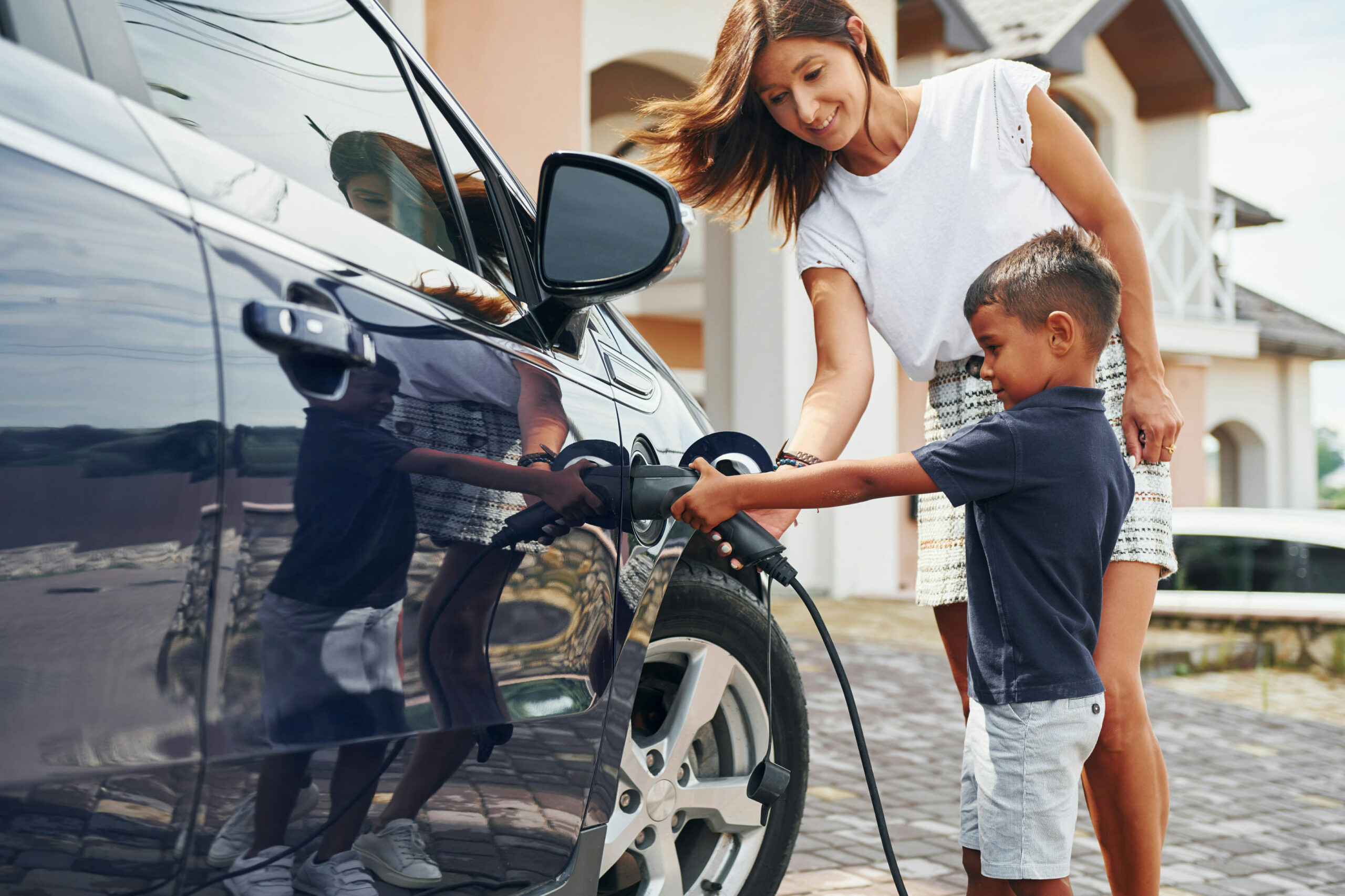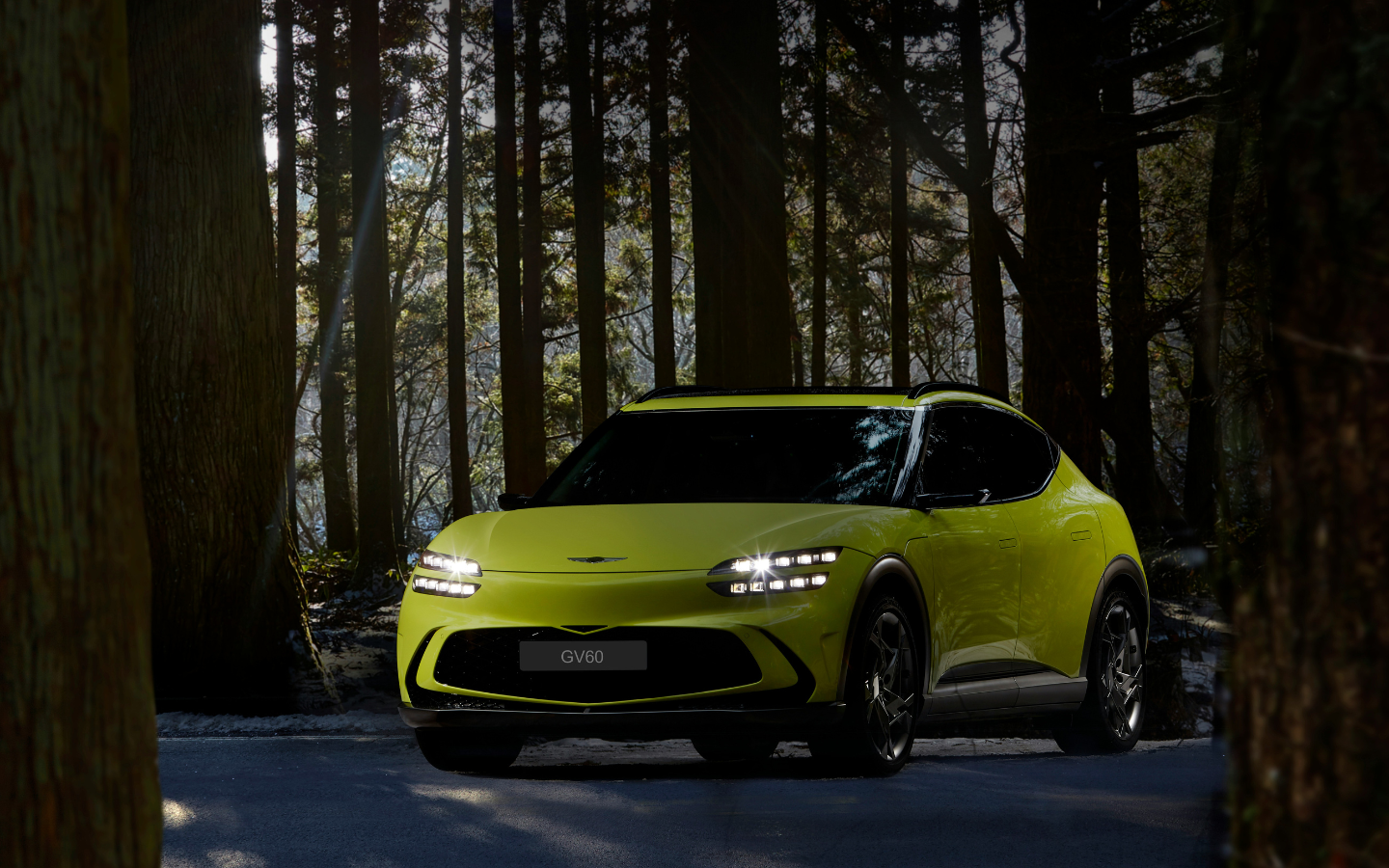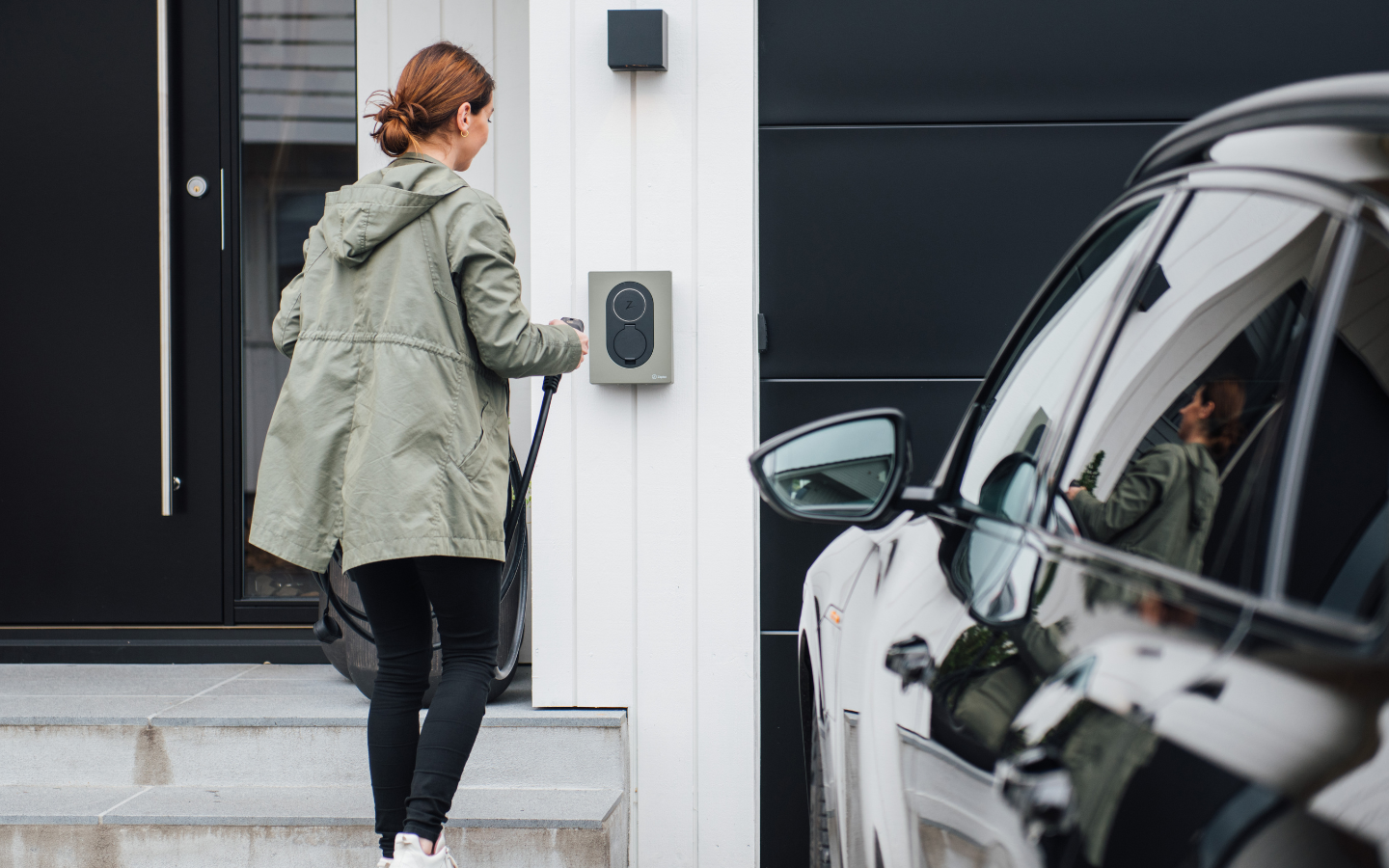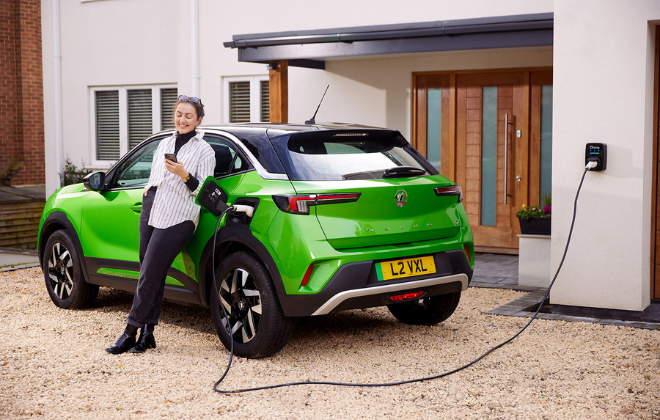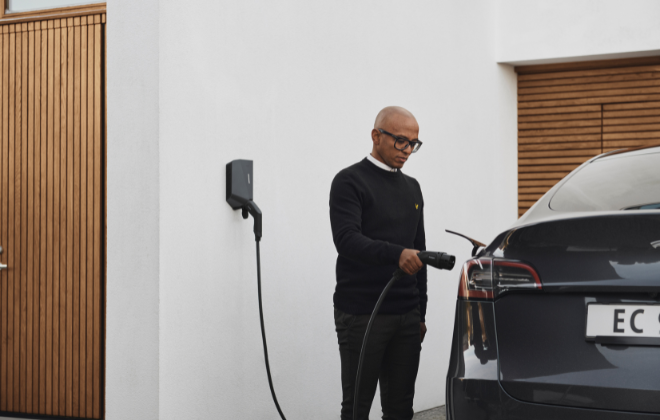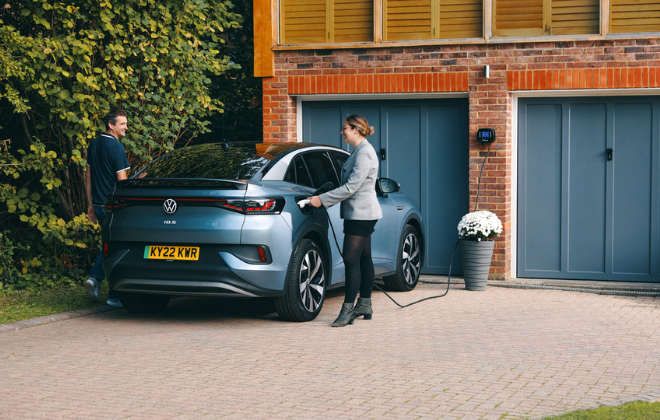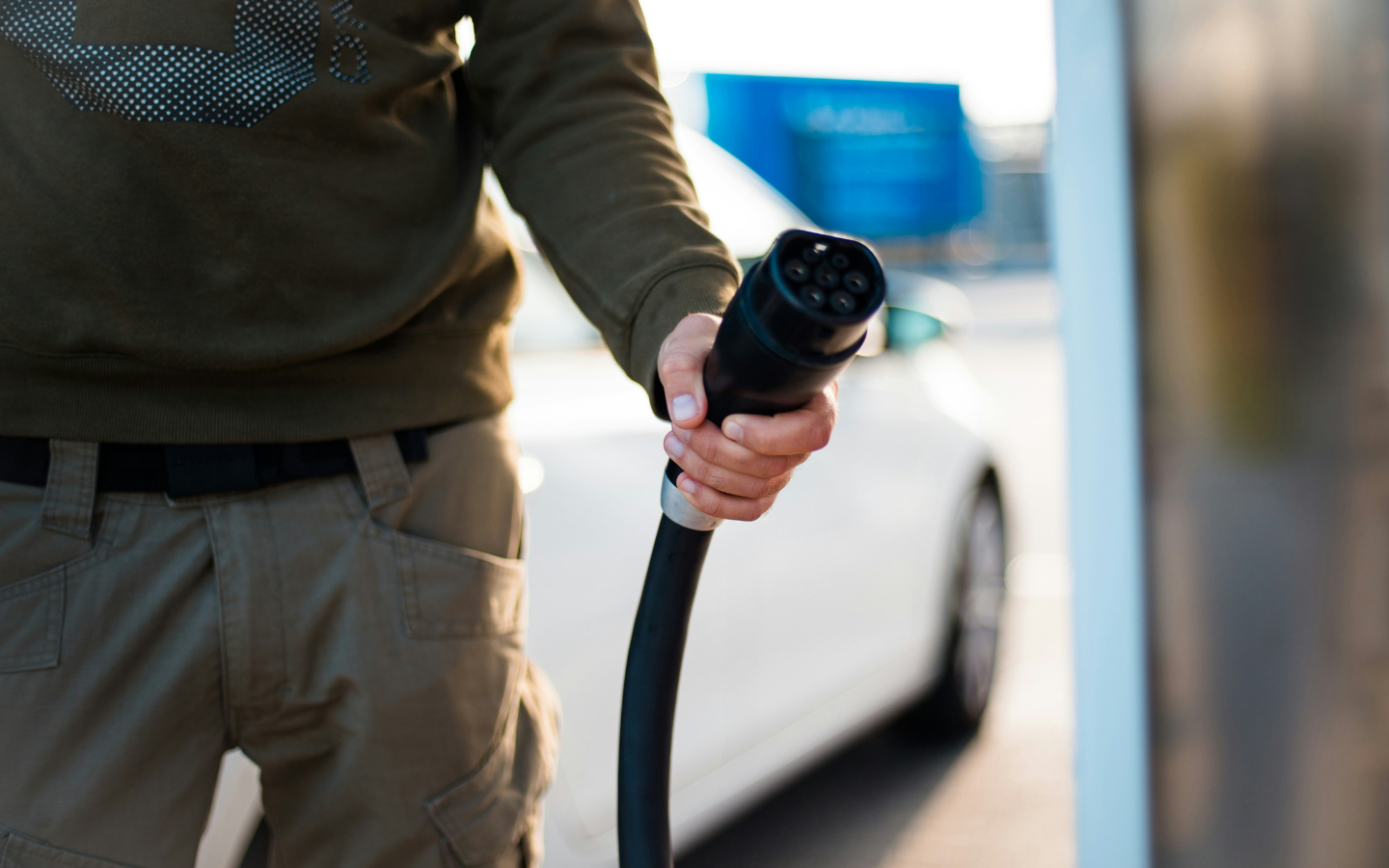

EV Charging Connectors: Explained
EV Charging Connectors and Types: Explained
What is a Type 1 connector? What is a CHAdeMO connector? Are electric car charger connectors universal?
The amount of technical jargon when it comes to the world of electric vehicle charging can be overwhelming, especially when it comes to EV connector types. So, in order to help make the subject easier to digest, we are going to take an in-depth look at EV charging connector types in this blog. We will explain the different EV connector types out there, where you would find them, and how to spot the difference.
Are electric car charging plugs universal?
Firstly, when talking about EV connectors, it’s essential to understand that there is a connector – or sometimes called a plug – on the vehicle (which acts like a socket) and a connector on the charging point itself (think of it as a plug). In order for your EV to charge, both connectors need to match.
Because of the different EV charging connectors, sometimes called plugs or sockets, electric car chargers are not universal. In fact, there are two distinct connectors for fast EV charging – Type 1 and Type 2 – and two for rapid/ultra-rapid EV charging – CHAdeMo and CCS.
Type 2 EV Connectors on EV charging cable and electric vehicle
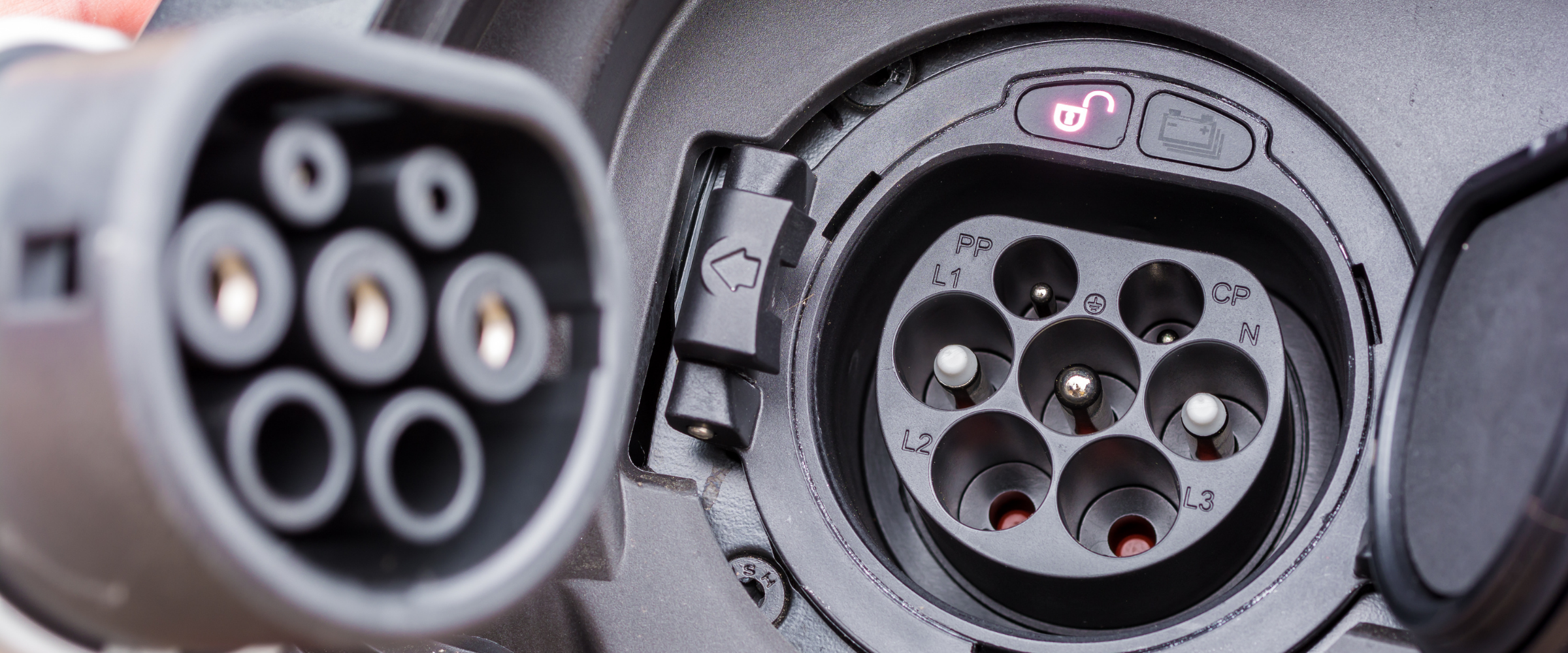
Fast EV Charging – Type 1 and Type 2 connectors:
Type 1 Connector (Fast Charging):
Type 1 connectors have a 5-pin design and only work with single-phase electricity supplies. They have a maximum charging rate of 7.4kW. Type 1 is not as common as Type 2 in the UK and is usually the standard in the Asian, American and Japanese markets. Some electric vehicles still have Type 1 as standard, such as Citroen C-Zero, Ford Focus Electric, and Mitsubishi Outlander PHEV. However, Type 1 connectors are usually found on older models of electric vehicles in Europe.
Below is a list of electric vehicle models in the UK that utilise the type 1 socket:
| Citroen C-Zero (2016-2020) | Nissan Leaf Mk1 (2012 – 2017) |
| Ford Focus Electric | Peugeot iOn EV (2011-2018) |
| Ford C-MAX Energi (2013-2017) | Renault Fluence (Pre-2014) |
| Kia Soul EV (2017) | Toyota Prius Plug-In Hybrid (Pre-2017) |
| Mitsubishi I-MiEV | Vauxhall Ampera |
| Mitsubishi Outlander PHEV | Renault Kangoo Phase 1 |
| Nissan e-NV200 Combi |
It’s always worth checking your manufacturer guide to find out which connector type your EV has, as the new Nissan Leaf comes with a Type 2, whereas older models are fitted with a Type 1.
It’s important to note that some dedicated home electric vehicle chargers and public charge points do not support Type 1 connectors in the UK. However, if you want a dedicated charging point with a Type 2 port and you have one of the above vehicles, you can always purchase a Type 1 to Type 2 EV Cable.
Type 1 Connector
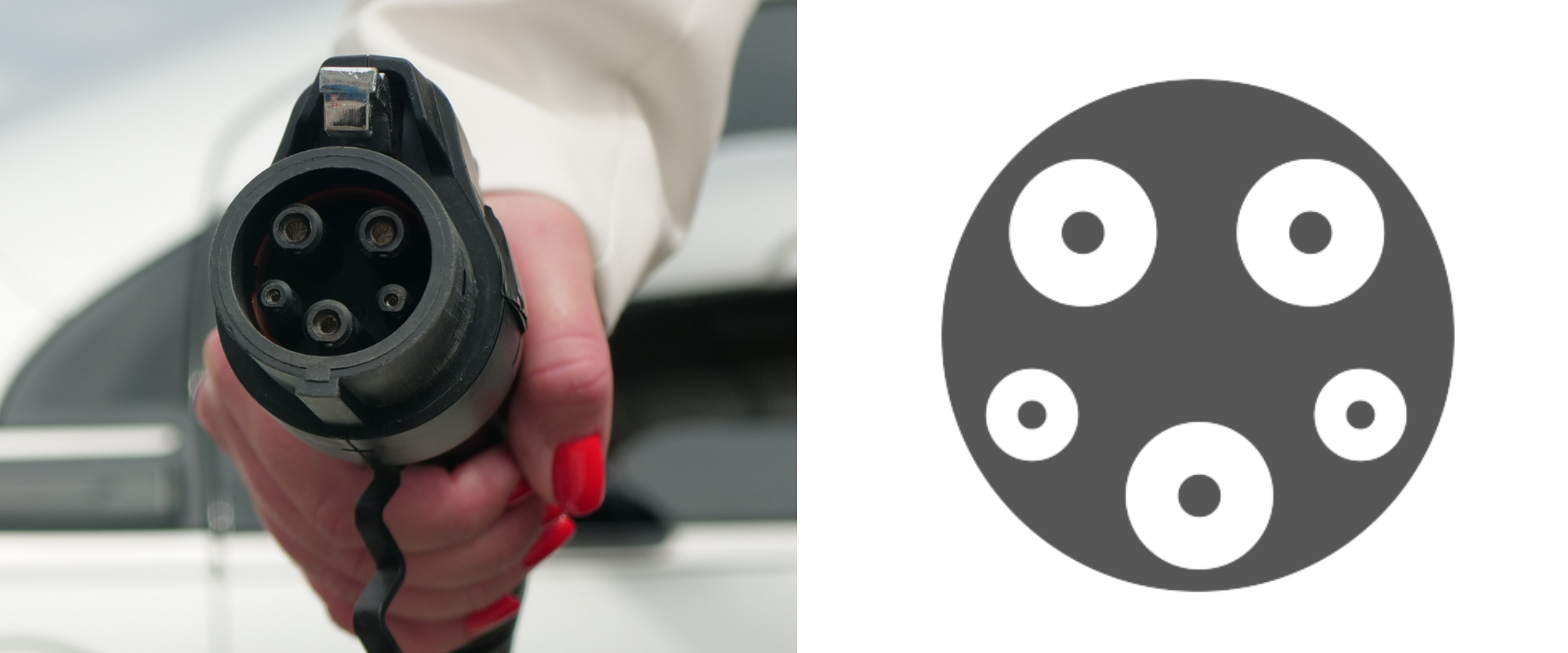
Type 2 Connector (Fast Charging)
A Type 2 connector is the most common connector type in Europe and has become the standard for many new and high-capacity EVs. Whilst Type 1 has five connection points, Type 2 has a 7-pin design. Unlike Type 1, Type 2 connectors can work with both a single and a three-phase electricity supply. Consequently, Type 2 connectors can charge up to 22kW, although for your electric vehicles to take advantage of this rate, they would have to have a charging capability of 22kW.
Type 2 connectors have an inbuilt locking mechanism and are suitable for both home and public fast EV charging. Most public charging stations are equipped with a Type 2 charging cable. However, if you have a Type 1 connection, you can invest in an adaptor.
Below is a list of car manufacturers that typically fit their EVs with Type 2 connectors:
| Audi | Mercedes |
| BMW | VW |
| Renault | Volvo |
Learn more about the difference between Type 1 and Type 2 connectors.
Type 2 Connector
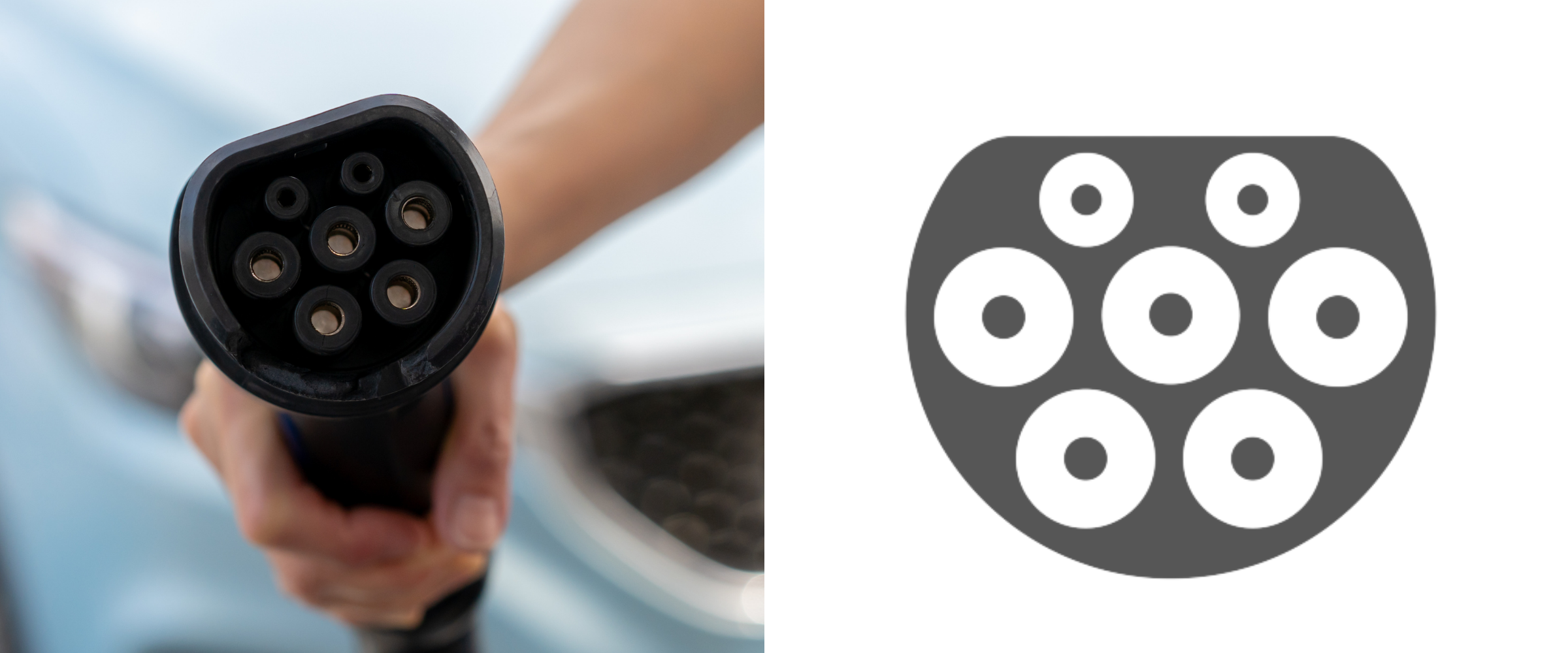
DC (Rapid & Ultra Rapid charging):
CHAdeMO
“Charge de Move”, or CHAdeMO in short, is a ten-pin DC connector. It has three power pins and seven signal pins. You will find CHAdeMO at public rapid and ultra-rapid charging points, for example, at motorway service stations. This connector has a maximum power rating of 50kW at rapid charging stations and over 100kW for ultra-rapid stations.
CHAdeMO is compatible with various electric vehicle brands, including the Nissan Leaf, which is the most common EV with a CHAdeMO connector.
Here is a brief list of some other electric vehicles that are equipped with CHAdeMo connectors:
| Nissan Leaf 40kW | Kia Soul EV |
| Mitsubishi Outlander PHEV | Citroen C-Zero |
| Nissan e-NV200 | Citroen Berlingo Electric |
| Toyota Prius Plug-In |
CHAdeMO Connector

CCS (Europe/Combo Type 2)
CCS, or Combined Charging System, or Combo, in Europe, is a DC connector derived from a Type 2 connector. The design is similar to the AC Type 2 connection; however, there are two additional pins at the bottom of the connector for DC charging. Similar to CHAdeMO, you can find CCS at rapid charging stations at a rate of about 50kW and at ultra-rapid charging points that offer over a 100kW rate of charging. These DC chargers can refill your electric vehicle by up to 80% in just under an hour.
It’s suggested that CCS will become the standard DC connector in the future.
Here is a brief list of some other electric vehicles that are equipped with CCS connectors:
| BMW i3 | Volkswagen e-Golf |
| Kia e-Niro | Hyundai Kona Electric |
| Jaguar I-Pace |
At most rapid and ultra-rapid charging points across the UK, there will be both CCS and CHAdeMO charging connectors available, therefore at this moment in time, you do not have to worry about which DC connector your EV has.
There is also a CCS Combo Type 1 connector, whereby the design is derived from Type 1 but with two additional DC pins. However, this connector is usually found in Asia and America, so CCS Type 2 is the standard in the UK.
CCS – Europe (Combo Type 2) Connector
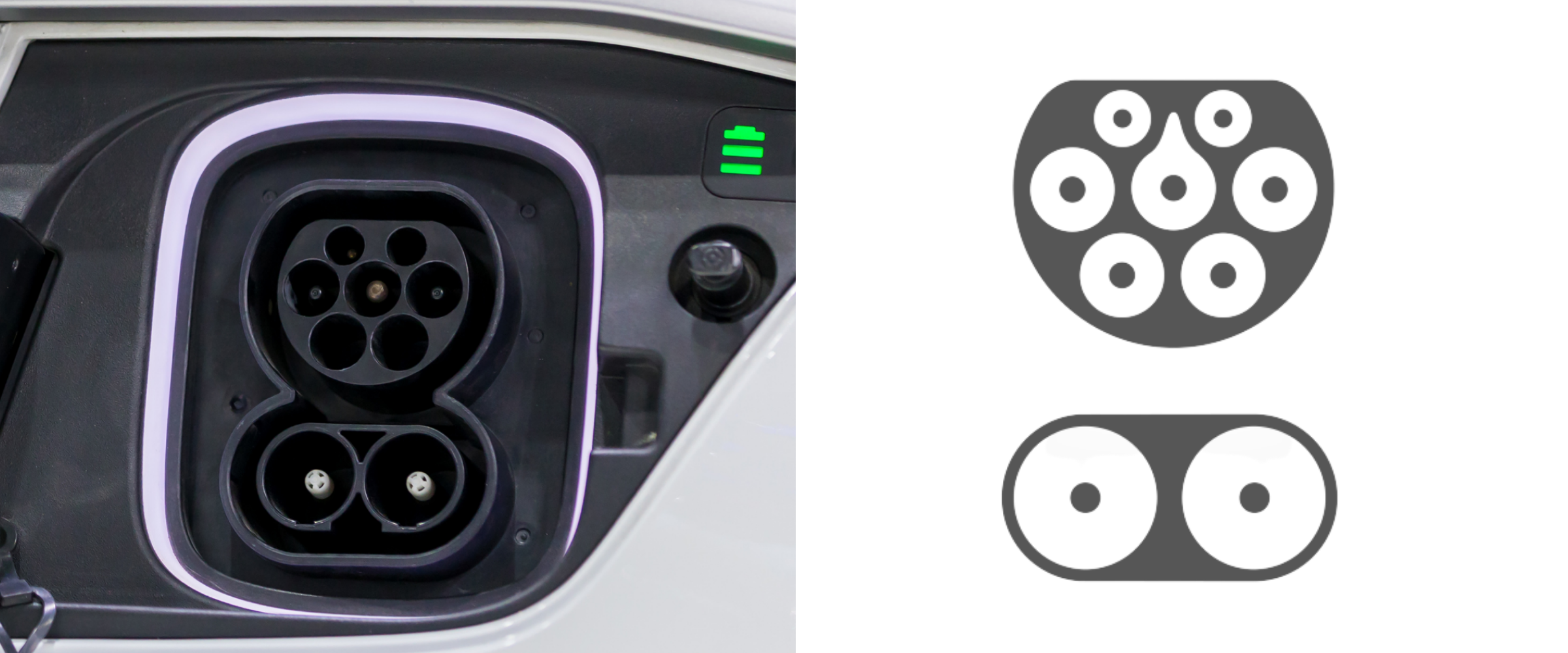
Get in Touch with We Power Your Car for your home EV charger installation
If you have read this far, we hope that you have a better understanding of what is, after all, a fairly technical subject.
At We Power Your Car, we are more than happy to offer truly independent advice and information on everything from grant aid to choosing the right EV charging station and EV charging needs. We are not tied to a particular energy company or manufacturer. With expert engineers across the UK, we can install wherever you are – all with first-class customer service.
If you are looking to get an EV charger installed at your home, click below to get your free quote, or contact us for more information or any queries you may have.
For more information and our latest updates, follow us on Facebook, Instagram, Twitter, LinkedIn and YouTube.
Related articles_
Stay up to date on the latest from We Power Your Car_
I consent to receive newsletters from We Power Your Car. Please see our Privacy Policy
